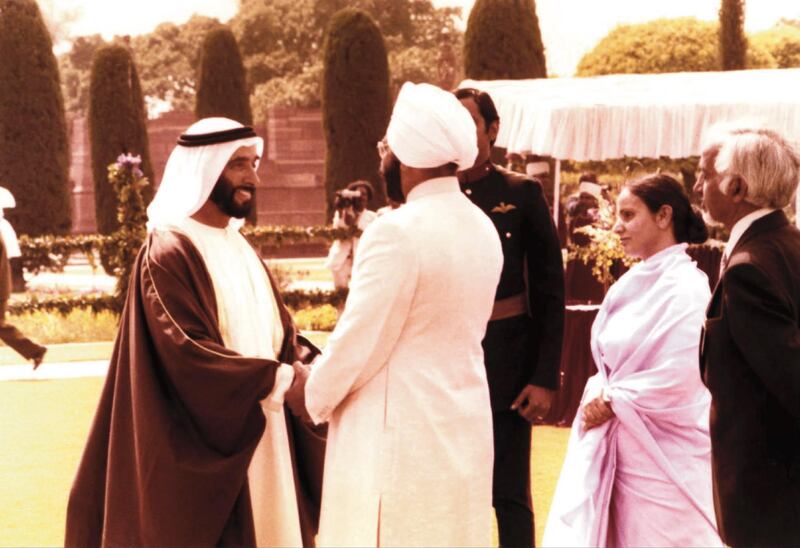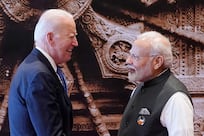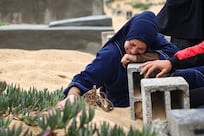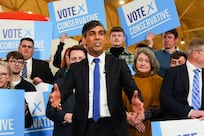I write to you in reference to your article Sheikh Nahyan bin Mubarak: tolerance is the 'oxygen' of the UAE (May 1). The UAE's policy of tolerance is not a new concept. The nation's founding father, Sheikh Zayed, was born in 1918 and raised in an environment dominated by foreigners, because the UAE was a British protectorate, and its political and economic relations were principally with Britain. Most of Sheikh Zayed's consultants, special envoys and translators were not Emiratis.
A series of interviews has given me an insight into the way he operated. Minister of State Zaki Nusseibeh told me that Sheikh Zayed believed that all humans belong to one family, and that true welfare for the people of a state cannot be achieved without co-operation. Meanwhile, Omar Al Bitar, a former UAE ambassador in China, told me about Sheikh Zayed’s extreme kindness, generosity and tolerance towards all, regardless of their race or creed. It is no surprise that on orders from Sheikh Zayed, we were among the first nations to fly aid and relief missions around the world. Finally, Dr Neyeb Obied, a senior researcher at Sultan Bin Zayed Center for Culture and Media, informed me that Sheikh Zayed would help all those in need without looking into their origins.
These accounts and others like them have come from all quarters, including foreign residents and UAE citizens, and together they demonstrate Sheikh Zayed’s tolerance. The main driving force behind the establishment of the post of Minister of State for Tolerance in 2016 was to promote the UAE’s policy of tolerance, which was cultivated by the Founding Father.
Dr Noura Saber Al Mazrouei, Emirates Diplomatic Academy and Zayed University
India’s politicians indulge in a dangerous war of words
I write to you in reference to Amrit Dhillon's article How vitriol at the Indian polls shows a coarsening of political discourse (May 13). This meaningful and thought-provoking article about the ongoing Indian elections has shed light on the worrying verbal attacks that politicians have indulged in.
During these elections, the contenders have failed to rely on their ideas to sway public opinion, so instead they competed to see who could come up with the most inflammatory comment. This war of words should be stopped as it benefits no one. Politicians and their supporters, should learn to
respect each other, despite their differences.
K Ragavan, Bengaluru
Drug lords and their poison are not welcome in the UAE
I write to you in reference to Salam Al Amir's article Heroin and crystal meth seized in UAE's largest drug bust (May 13). I am glad these criminals were arrested. I would hate to see Dubai become like the rest of the world in this regard. Stay diligent Dubai.
Shellyjo Shuman, Dubai





